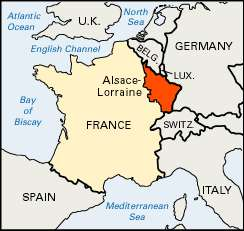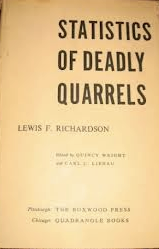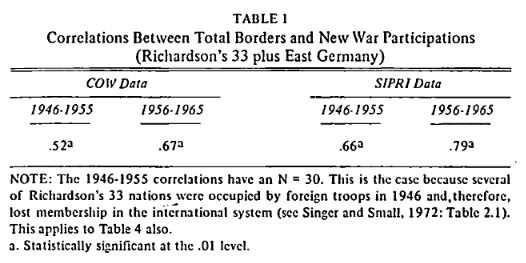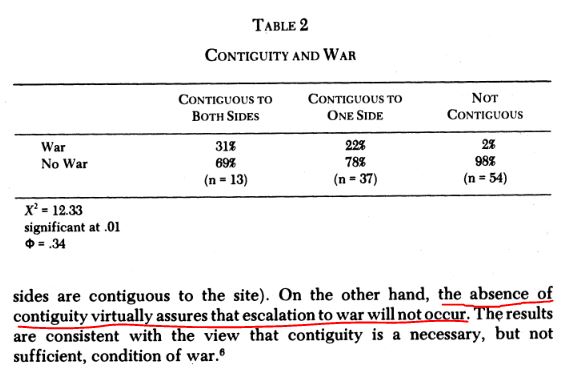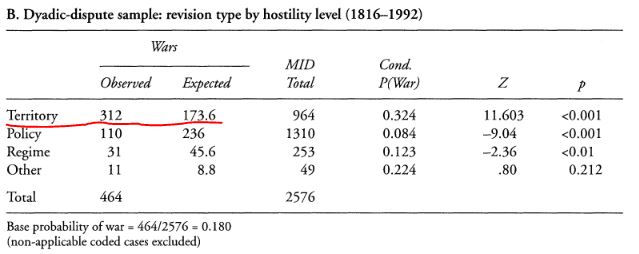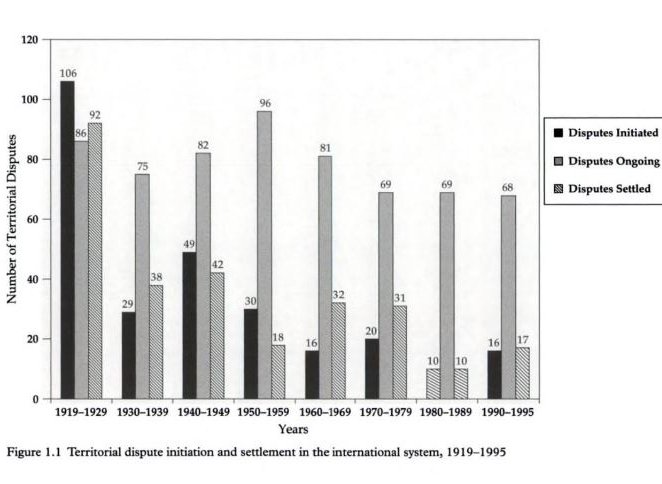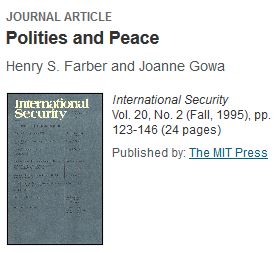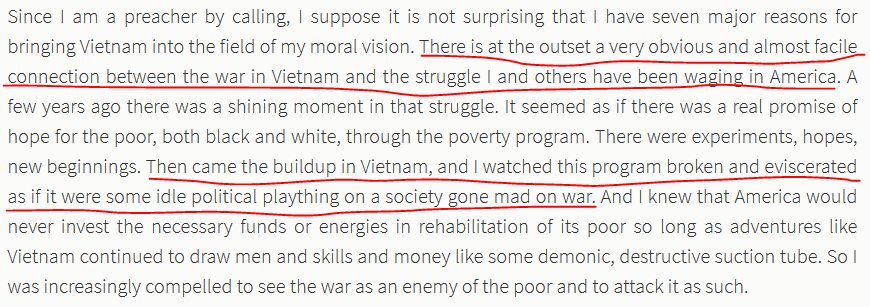With all due respect to the "Democratic Peace", the true "closest thing to an empirical law" in international politics is "Territorial Dispute -> War"
[THREAD]
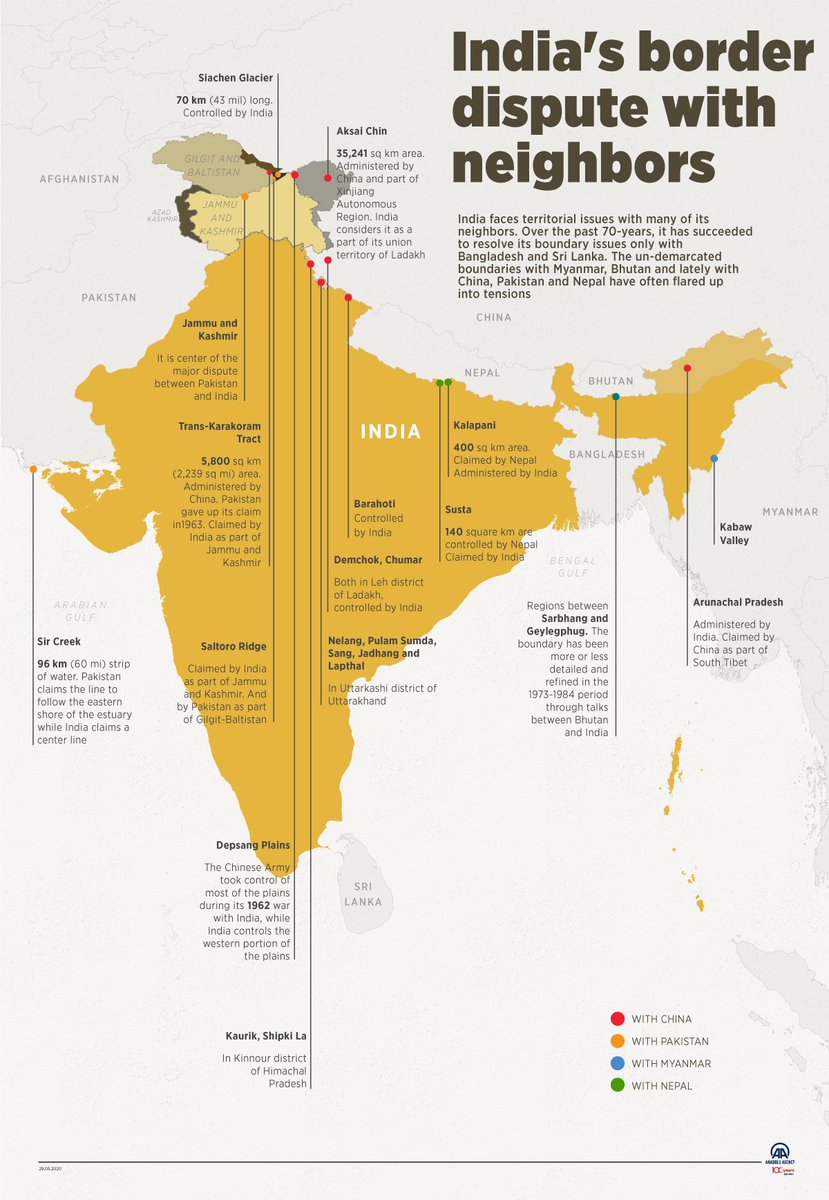
journals.sagepub.com/doi/abs/10.117…
journals.uchicago.edu/doi/abs/10.230…
books.google.com/books?hl=en&lr…
Examples include...
journals.sagepub.com/doi/full/10.11…
academic.oup.com/isq/article-ab…
cambridge.org/core/journals/…
academic.oup.com/isq/article-ab…
cambridge.org/core/journals/…
journals.sagepub.com/doi/full/10.11…
Examples include...
journals.sagepub.com/doi/full/10.11…
journals.sagepub.com/doi/full/10.11…
journals.sagepub.com/doi/10.1177/00…
The 🇮🇳-🇨🇳 dispute is just the latest example of this more general "empirical law" of international politics.
[END]

